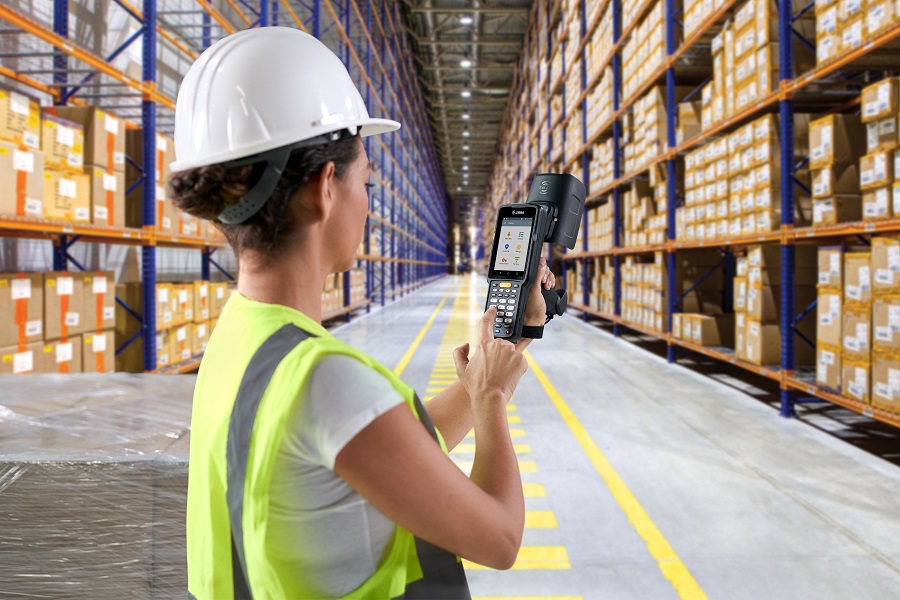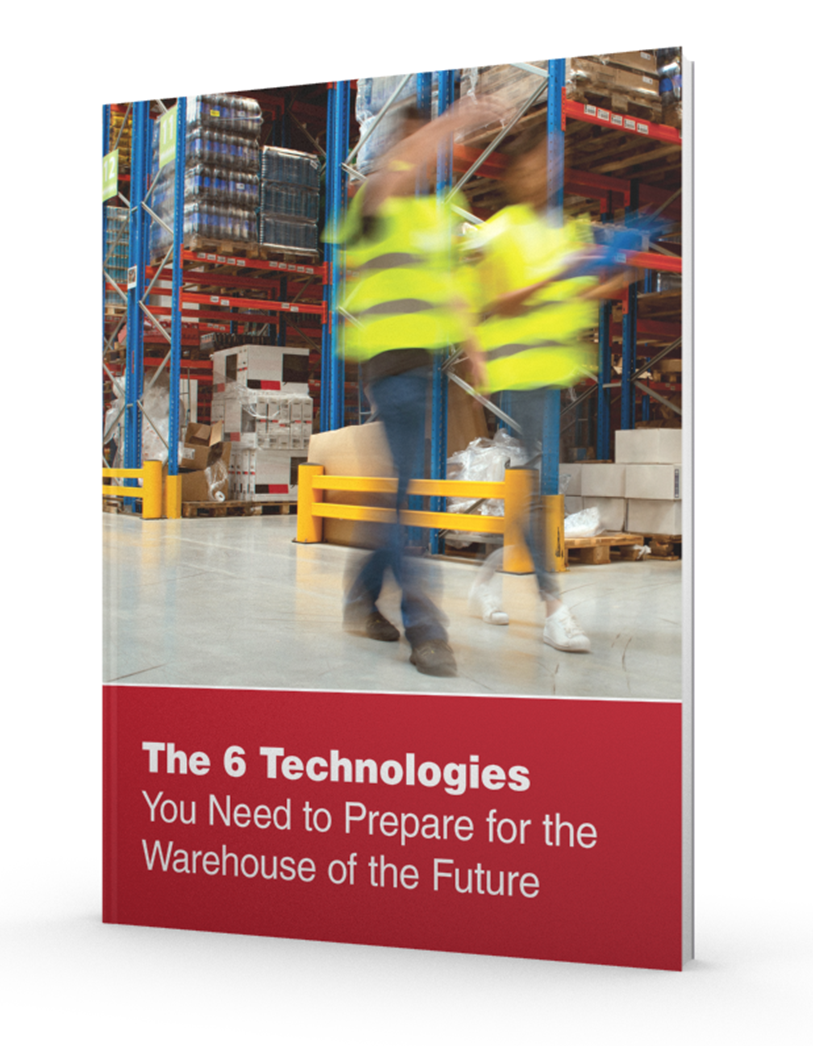There is no doubt that radio frequency identification (RFID) has unlocked new levels of speed and efficiency for data collection processes. RFID technology can improve data accuracy and collect large amounts of information without requiring a direct line of sight. RFID tags can also store significantly more information than simple barcodes.
If you are looking into implementing RFID into your operation, you’ve made a wise choice. The next step is to determine what type of RFID readers you need inside and outside of your four walls. There are many different options out there. Here are a few things to consider when choosing the RFID scanners you want to invest in:
Consider Form Factor
RFID scanners come in a few different forms for different operations. The form factor that is best suited for your operation will depend on your application needs. There are three main types of RFID readers:
Fixed readers
Fixed RFID readers, such as Zebra Technologies’ FX9600, provide an easy, hands-free method to collect data from a large number of tags at once, like items moving across a conveyor belt or items going through loading dock doors. Since they require no direct line of sight, fixed readers are an ideal way to automate warehouse operations.
Vehicle-mounted readers
These can be used in vehicles like forklifts and trucks to quickly read tags and account for items in a large warehouse or field where vehicles, or drones, are needed for data collection. Because tags only need to be within a certain read range to be scanned, the time required to take inventory can be reduced from two days to just thirty minutes. These are also ruggedized to handle vibrations from vehicles and other environmental conditions you may find out in the field.
Handheld readers
Handheld readers, like Zebra’s MC3330R, offer more mobility to workers on the warehouse floor, and many can also read barcode information. These are ideal for low-volume reading operations or those that use both RFID and barcode in data collection processes. Handheld RFID readers allow workers to collect information at a high rate of speed and efficiency.
Get Familiar with Your Country’s Regulations
Radio spectrum is not allocated in the same way globally. Individual countries have their own regulations for spectrum usage, even though tags themselves usually work globally. Make sure you are up-to-date on your own country’s regulations, as well as any other countries you may operate in. Readers must operate within the regulatory conditions. You’ll want to know the regulations for frequency, bandwidth, channel spacing, regulators, and maximum transmitted power to start.
For the US:
- Regulators—FCC Part 15, Section 247
- Frequency used—902-928 MHz
- Bandwidth—26 MHz
- Transmitted power—4 W EIRP
- Channels/spacing—52 channels of 500 KHz
What Sort of Read Distance do You Require?
Read distance is capped by each country’s regulations. The higher the transmitted power you have, the longer the read distance you can achieve. However, the distance that your RFID scanner can read is susceptible to interference and environmental conditions, so you may not always achieve the maximum read distance.
Network and Power Connection
RFID readers can’t transmit data without a network and power connection. The connection you use will likely depend on the form factor of your reader. Most of the time, you will use one of the following:
Fixed readers
- USB
- Serial interface
- Ethernet
- Wi-Fi
- POE (power over Ethernet)
- Battery-powered
Handheld
- Wi-Fi
- Bluetooth
- USB—when tethered
- Battery-powered
Selecting the Best Reader
Whichever reader you choose, you want to make sure it has the power and capabilities to address your needs and increase productivity within your operation. You may have more specific needs you’d like to meet with your technology, in which case, you’d need to look at the specifics of each reader.
Imprint Enterprises partners with Zebra Technologies to offer a collection of industry-leading RFID readers available in different form factors. Our experts are well-versed in data collection operations. We can speak with you about the challenges you face, and help to identify a solution that would provide the most return for your investment. For more information, contact Imprint today.




